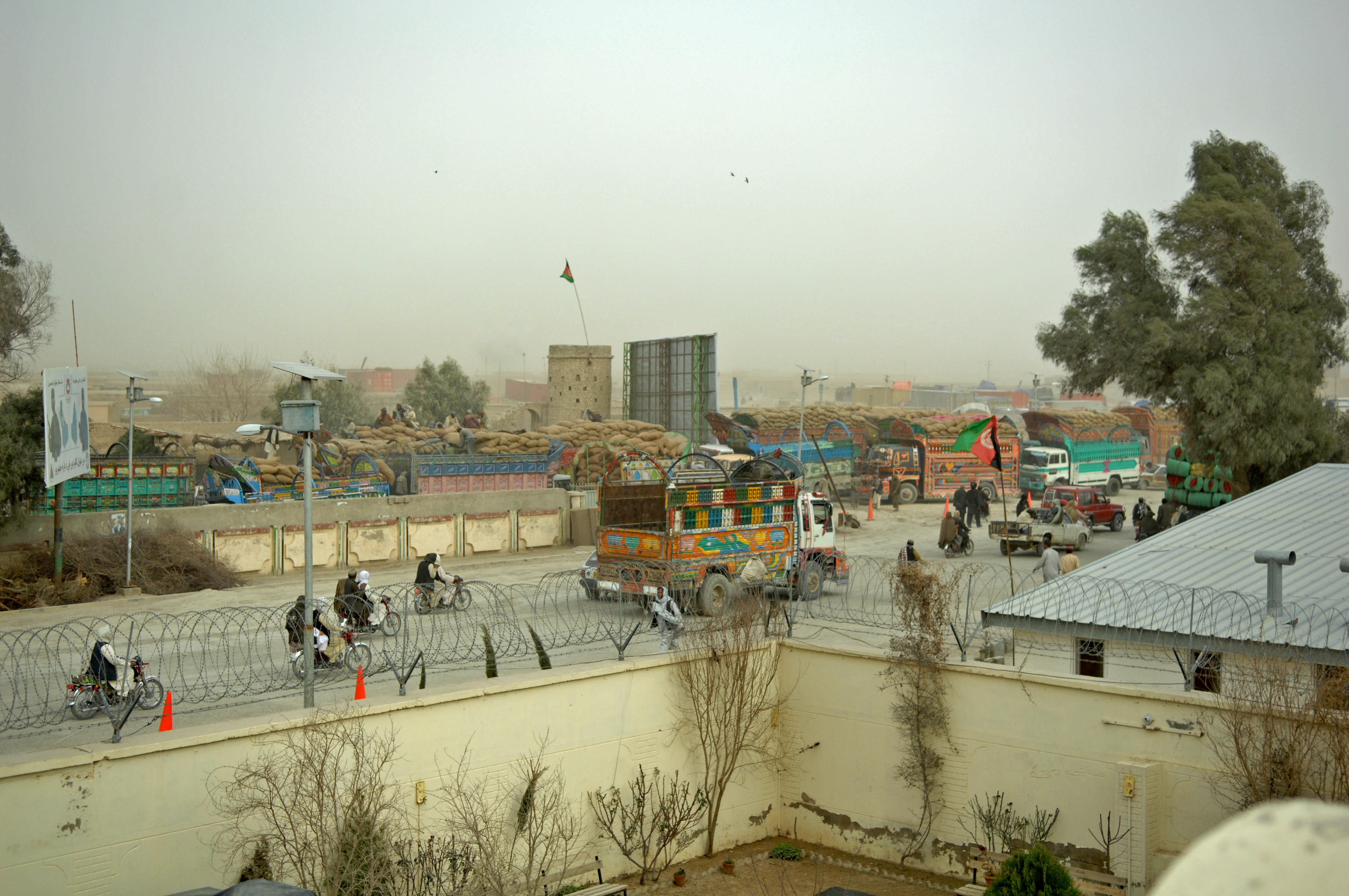America Wasted $160 Million Trying to Get Afghanistan to Use E-Payments
Credit to Author: Matthew Gault| Date: Tue, 22 Aug 2017 04:00:00 +0000
In the US, electronic payments are a given. The overwhelming majority of us get our paychecks electronically through direct deposit. Credit cards, PayPal, and cryptocurrencies run our lives and our bank accounts. The convenience of various cashless systems has made everyday life easier and better.
Of course, it’s not the same in the rest of the world. Especially not in Afghanistan.
The country might be home to America’s longest-running war, but the US has spent more time, energy, and money trying to rebuild Afghanistan than it has spent killing the Taliban. American taxpayers send billions to Kabul every year and every year billions disappear into the pockets of Afghan government officials. Electronic payment systems would go a long way to solving that problem.
The US Agency for International Development (USAID) wanted to do just that. The Agency figured if it could convince those at corruption hotspots, such as customs agents and border guards, to use e-payment methods, then it might curb the amount of cash those agents pocketed every day.
Between 2009 and 2017, USAID spent $160 million and partnered American tech companies to set up e-pay in Afghanistan, according to a new report from the Special Inspector General for Afghanistan Reconstruction (SIGAR). The goal was to get the border guards trained and using the new methods, with an aim of 75 percent of all customs transactions paid electronically by 2017.
As of today, less than one percent of those transactions are electronic, SIGAR reports. And custom officials loathe the system. “It’s a very long and inefficient process and that’s why people do not use this method,” one Afghan custom official told SIGAR agents.
Agents across the country told SIGAR the same story: cash is fast, cash is efficient, cash is king. The unspoken truth is that cash is good for a quick buck on the side and cheaper for everyone involved. You don’t pay taxes on transactions you don’t report.

Depending on the year, a third to a half of all of Kabul’s income comes from customs collected at the border. According to US government reports, roughy half of the cash paid out to those border agents is pocketed, diverted, or simply lost, with Kabul officials collecting roughly $2 billion in taxes and $4 billion in bribes every year. The amount of money the country’s officials make on graft is double what the government makes on taxes.
With such a culture of corruption it’s not difficult to see why the e-payment pipe dream was doomed from the start. Hell, the way the Afghan banking system is set up makes it easy to see why the whole system was doomed to fail.
“Another challenge is…an Afghan regulatory regime that ostensibly encourages the continued use of the cash-based system by corrupt actors benefiting from its lax controls,” the SIGAR report explained. Basically, customs agents and traders make more money skipping the heavily-monitored electronic systems.
There are a couple of different banking systems in Afghanistan, including commercial banks and the central bank. Cash and electronic deposits in central banks are heavily monitored and taxed. Any single deposit more than 5000,000 AFN (USD $7,328) is automatically flagged and investigated. But believe it or not, cash deposits placed in the central bank run by the government have no such restrictions.
Border agents make a decent living skimming the top off those cash transactions so there’s no incentive for them to push incoming traders to use e-pay. Chemonics, the contractor that set up the system and promised Washington it could get Afghans to use it, said it could get a 75 percent implementation in three years.
When SIGAR asked Chemonics how it came up with such a lofty goal, the company apparently shrugged. “I don’t know the reasoning behind that,” an official told SIGAR. Chemonics will get to keep the tens of millions in US tax dollars it said it needed to implement a system no one used. The company did not immediately respond to a request for comment.
“This is no small undertaking,” USAID said when SIGAR confronted it with the information. “Achieving an increase to [75 percent] of revenue being collected by electronic payments was beyond the manageable interest of [Afghan trade officials] alone.”
In Afghanistan, cold, hard cash is the ultimate cryptocurrency, so to speak. It’s not monitored by the government, it doesn’t show up in tax reports, and you can use it to buy anything your heart desires.
Get six of our favorite Motherboard stories every day by signing up for our newsletter.